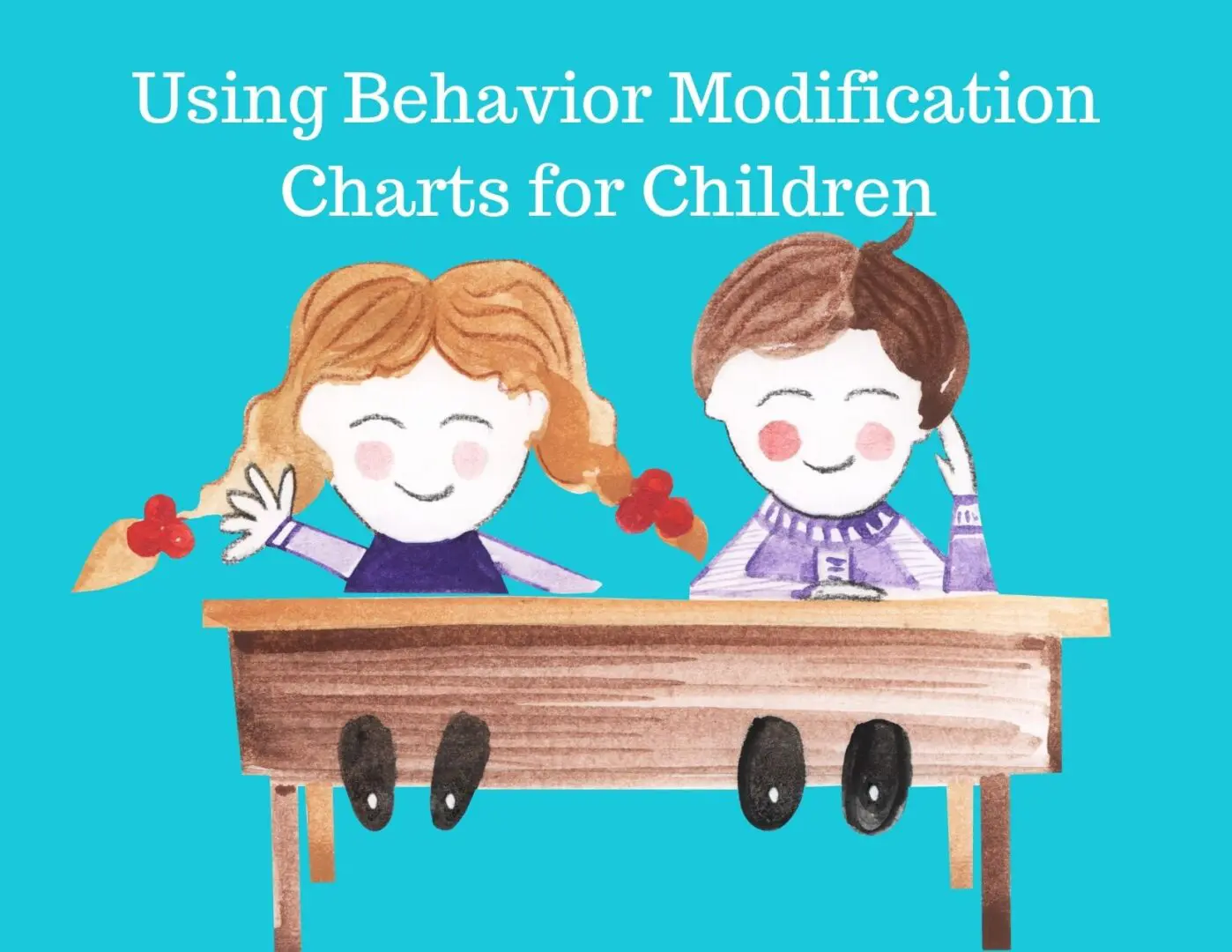Attention Deficit Hyperactivity Disorder (ADHD) is characterized by a persistent pattern of inattention and/or hyperactivity-impulsivity that interferes with functioning or development. According to the American Psychiatric Association (APA) and Centers for Disease Control and Prevention (CDC), 5-11% of American children between the ages of 4-to-17 are diagnosed with ADHD. For many parents and teachers, poor academic achievement and disruptive behavioral difficulties are some of the areas of functioning that are first noticed to be problematic. However, the impact of ADHD on a child extends far beyond the overt behavioral and academic difficulties. Children with ADHD are at a higher risk of developing low self-esteem, depression, anxiety and substance abuse disorders in adolescents.
Imagine being a child who is impulsive, easily distracted, and hyperactive. School peers avoid playing with you, because you take items before they are handed to you; adults frequently reprimand you for not paying attention or sitting still; and academically, you are falling behind and frequently fail to complete assignment or achieve high scores on tests. Your parents often punish you by taking away privileges, such as playing outside or with your game console, and they have most recently resorted to spanking you, in an effort to manage difficult behaviors. If you can, just for a second, imagine what it’s like to be a child with ADHD, you may understand how these children may feel sad, discouraged, anxious, unintelligent, misunderstood and/or unloved. Perhaps just as sad, is that parents are also experiencing distress and missing out on a positive experience with their children.
The benefits of assessment, therapy and medication in treating ADHD are many. The first step to treating ADHD, is receiving an appropriate diagnosis from a healthcare professional. The condition is real, and can become serious if left untreated. Medication is beneficial, particularly when used in conjunction with therapy. Parents should make a well informed decision regarding treatment, with the help of an experienced clinician. By working with healthcare professionals, symptoms of ADHD can be managed and contribute to a childhood that is filled with joy for children and parents.





